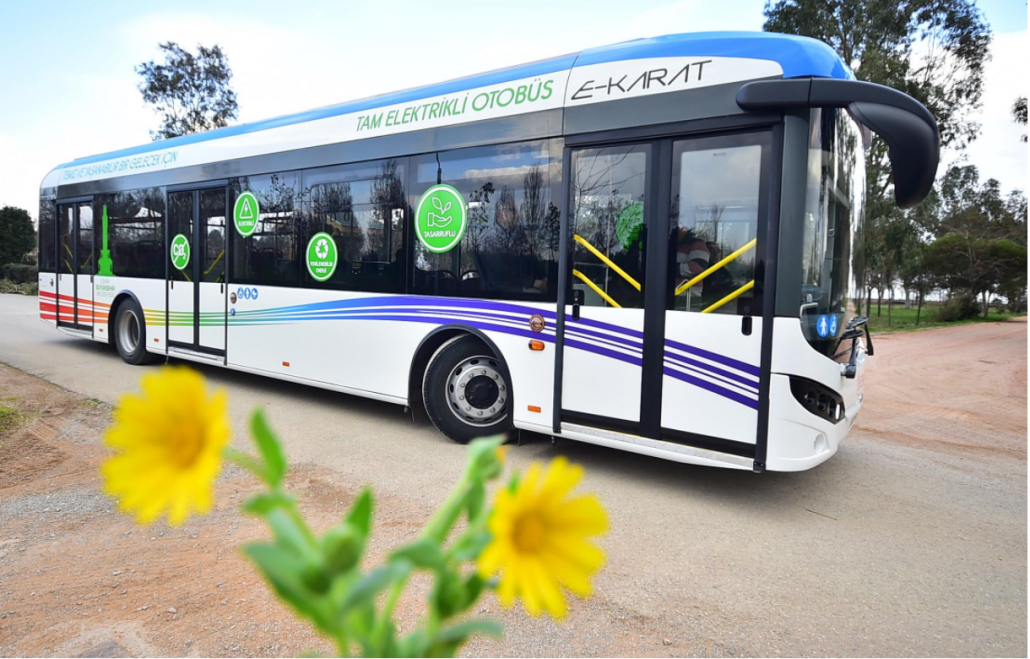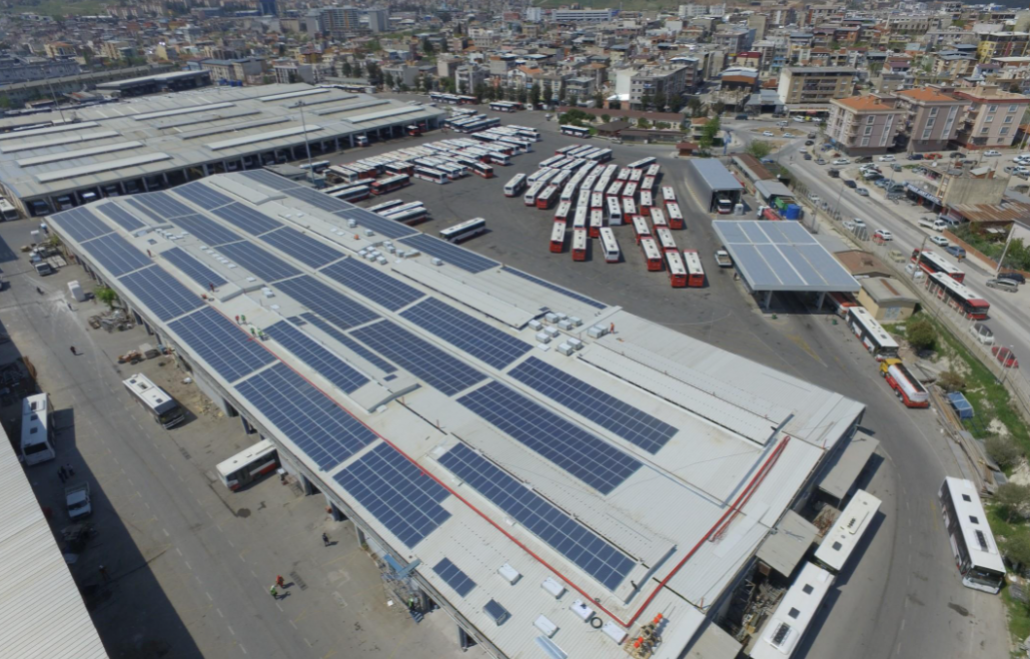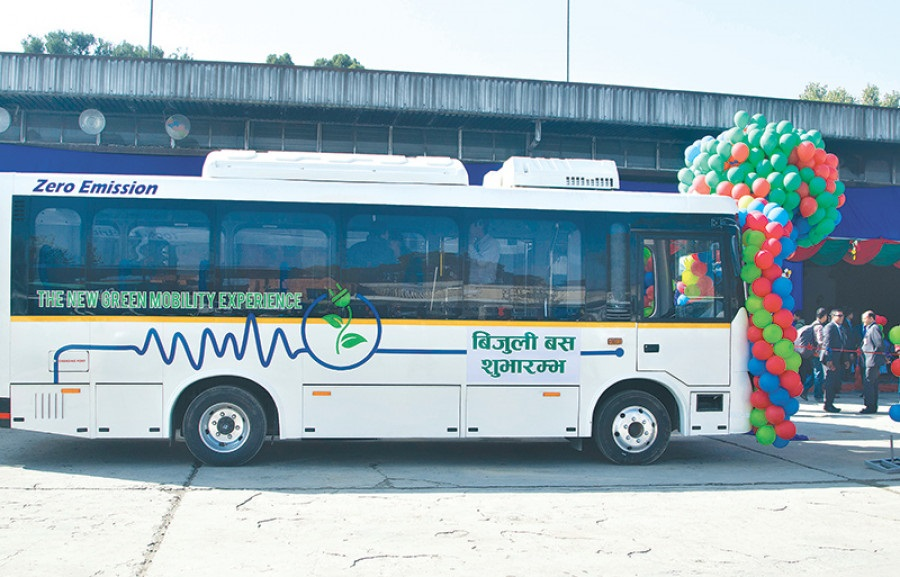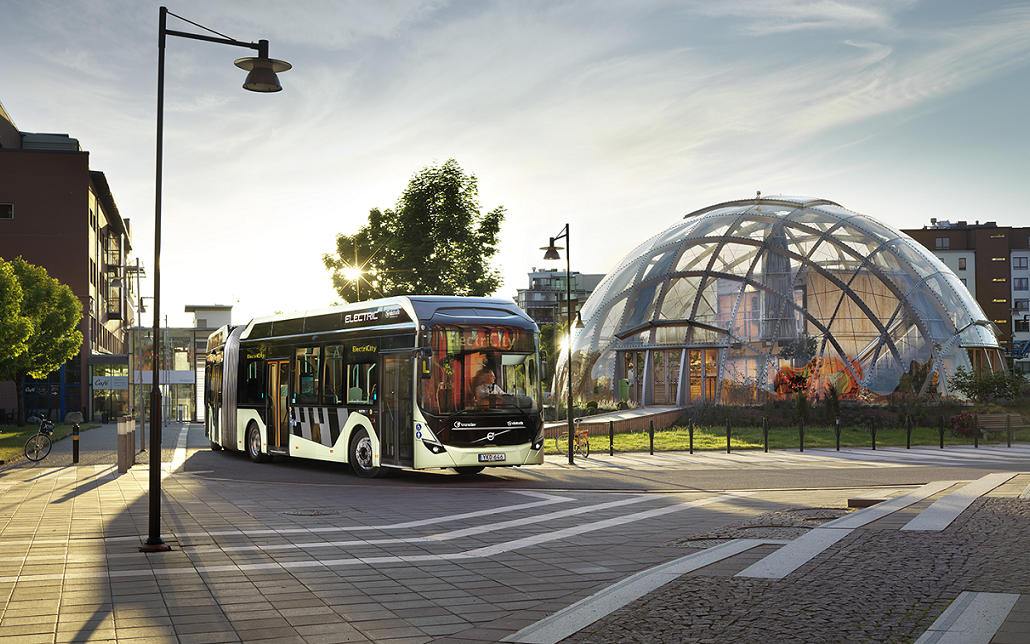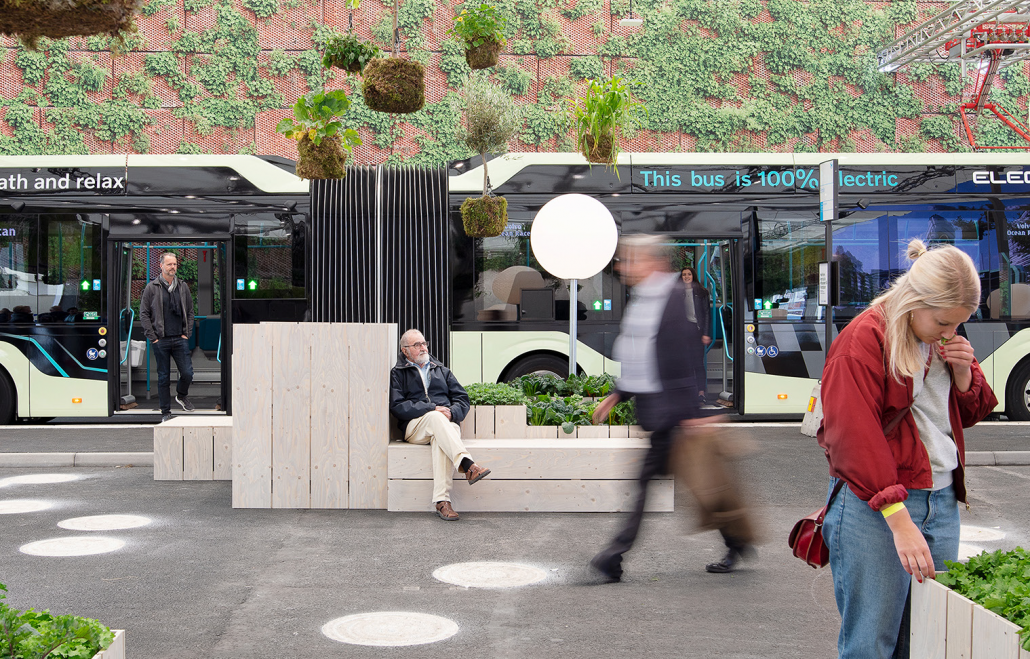This blog was written by Yiqian Zhang, Sustainable Mobility Officer at ICLEI World Secretariat
Electrification has never been more prominent and relevant to the debate on the future of mobility. As the technology and market for electric buses become mature, it is emerging as a viable option for cities to improve air quality, reduce noise and decarbonize the transportation sector.
In May 2021, ICLEI’s Sustainable Mobility team organized a session on “Transitioning towards e-buses: Barriers and opportunities” at Autonomy Digital 2.0 – the international exhibition for sustainable mobility solutions, with representatives from the public and private sectors sharing their experience in accelerating the adoption of electric buses in their cities – Kathmandu (Nepal), Izmir (Turkey) and Gothenburg (Sweden). Reflecting learnings in different contexts, the consensus is clear: e-buses still present technological, financial, and institutional barriers and the transition to a full electric bus fleet requires an integrated introduction of a new ecosystem built around policy, infrastructure and financing. The question remains: how could cities plan the transition and pilot new buses to help transform mobility in support of sustainable development goals?
Building momentum: Izmir’s vision and targets on electric buses
City’s long-term visions are critical for realizing carbon neutrality targets and every electric mobility vision and goals should be articulated by clear and specific targets to measure progress. Izmir Metropolitan Municipality, the third-largest city in Turkey, is committed to a 40 percent reduction of greenhouse gas (GHG) emissions by 2030. In Izmir, the transport sector accounts for 23 percent of its total emissions and 46 percent of the vehicles are diesel-powered, motivating the City to accelerate the transition to low-emission alternatives for municipal fleet and private cars.
Starting in 2017, 20 full electric buses are in operation after being tested at various routes and different times of the year. Charged using solar power, they demonstrate the first steps towards the electrification of public transport in the city with a commitment to add 500 e-buses by 2024. Its Sustainable Energy Action Plan (SEAP) has also set ambitious actions towards sustainable mobility: making 25% of the municipal fleet electric/hybrid, replacing 25% of ESHOT (the public bus company) fleet with new, fuel-efficient vehicles. Izmir Transportation Master Plan (UPI 2030) has also set targets to improve the use of public transport and active mobility including increasing the number of electrically powered vehicles.



